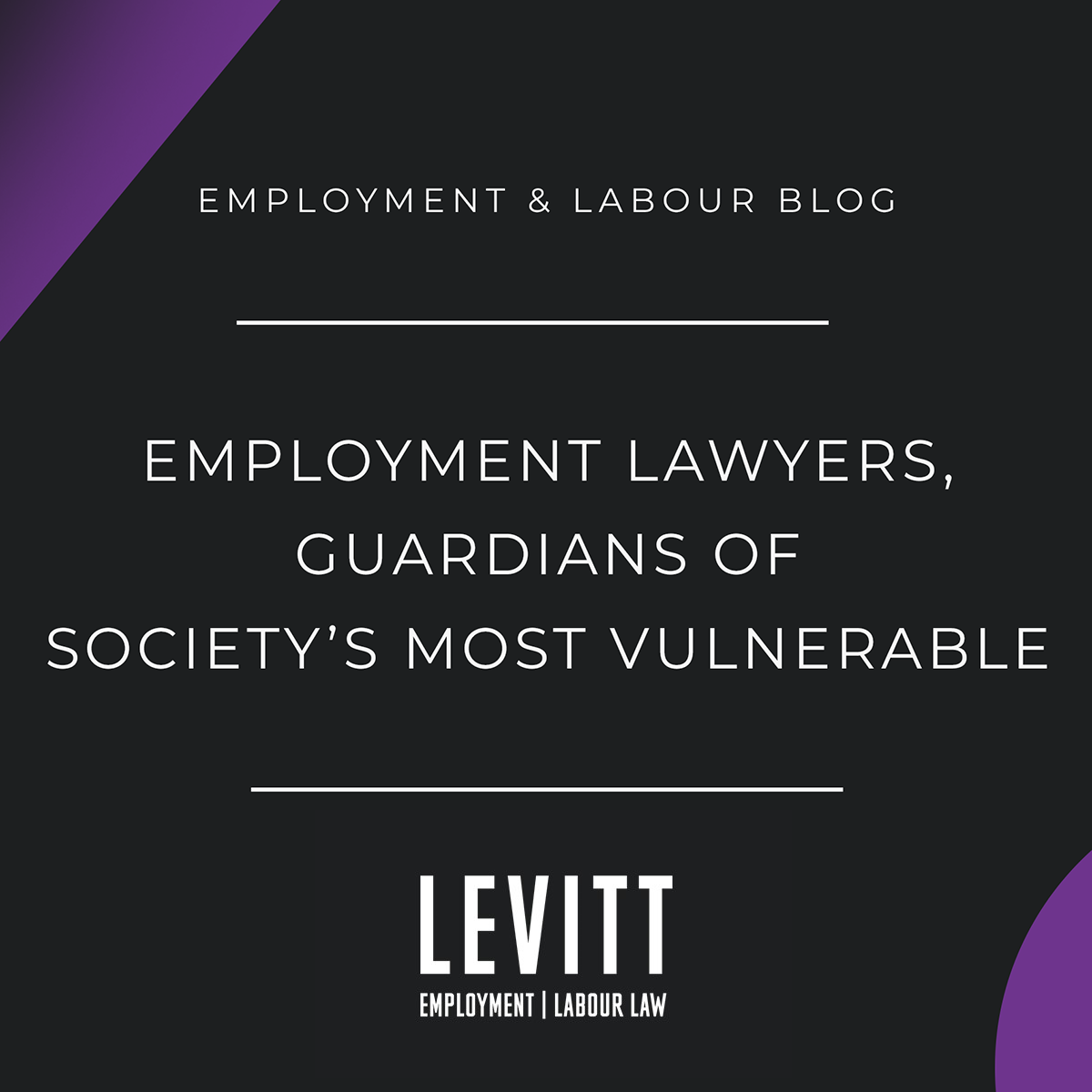Drug abuse and addiction are disabilities protected against discrimination. Employers with employees experiencing addiction must consult lawyers at Levitt LLP on their duty to inquire and accommodate. Employees terminated for reasons that arise out of addiction must consult lawyers at Levitt LLP on an assortment of remedies available to them.
A recent decision by an Ontario arbitrator involving an employee in a unionized environment provides guidance on what will happen if things go wrong.
DS, a 50-year-old Registered Nurse (“RN”) employed at a long-term care facility was terminated by her employer, Sunnyside. In the case of “DS” and her termination, she was entitled to compensation and reinstatement to her position as a RN despite having been caught stealing narcotics and doctoring medical records (no pun intended).
After an investigation and confession, her employment was terminated for theft, patient abuse and forging records. She was suspended by the Ontario College of Nurses (the “College”) and reinstated on the condition that DS would abide by strict requirements.
An Ontario arbitrator ordered that DS be reinstated to her position and Sunnyside pay compensation for pain and suffering.
DS was reinstated because (a) her employer failed to make enough inquiries about her addiction, despite having suspicions and (b) her employer refused to rehire her after the College reinstated her license.
Other important considerations were:
- DS’s testimony that she did not come clean because she was ashamed; and
- DS had been clean of opioid use for two years and had participated in intensive treatment.
The arbitrator held, “persons suffering from that disease have little or no control over their addiction”.
- What implications does this decision have for employees suffering from an addiction?
- How does the recent Newfoundland Court decision in Lower Churchill Transmission[i] impact medical cannabis use in safety sensitive jobs?
- What is an employer’s ‘duty to accommodate’ an employee with a disability?
In this case, Sunnyside argued that it could not rehire DS because the College’s requirements would cause them undue hardship. Sunnyside’s arguments were rejected.
Lawyers here at Levitt LLP represent employers and employees in wrongful/unjust dismissal cases all across Canada and can provide guidance in similar sensitive situations.
[i] International Brotherhood of Electrical Workers, Local 1620 v. Lower Churchill Transmission Construction Employers’ Association Inc., 2019 NLSC 48 (CanLII)

